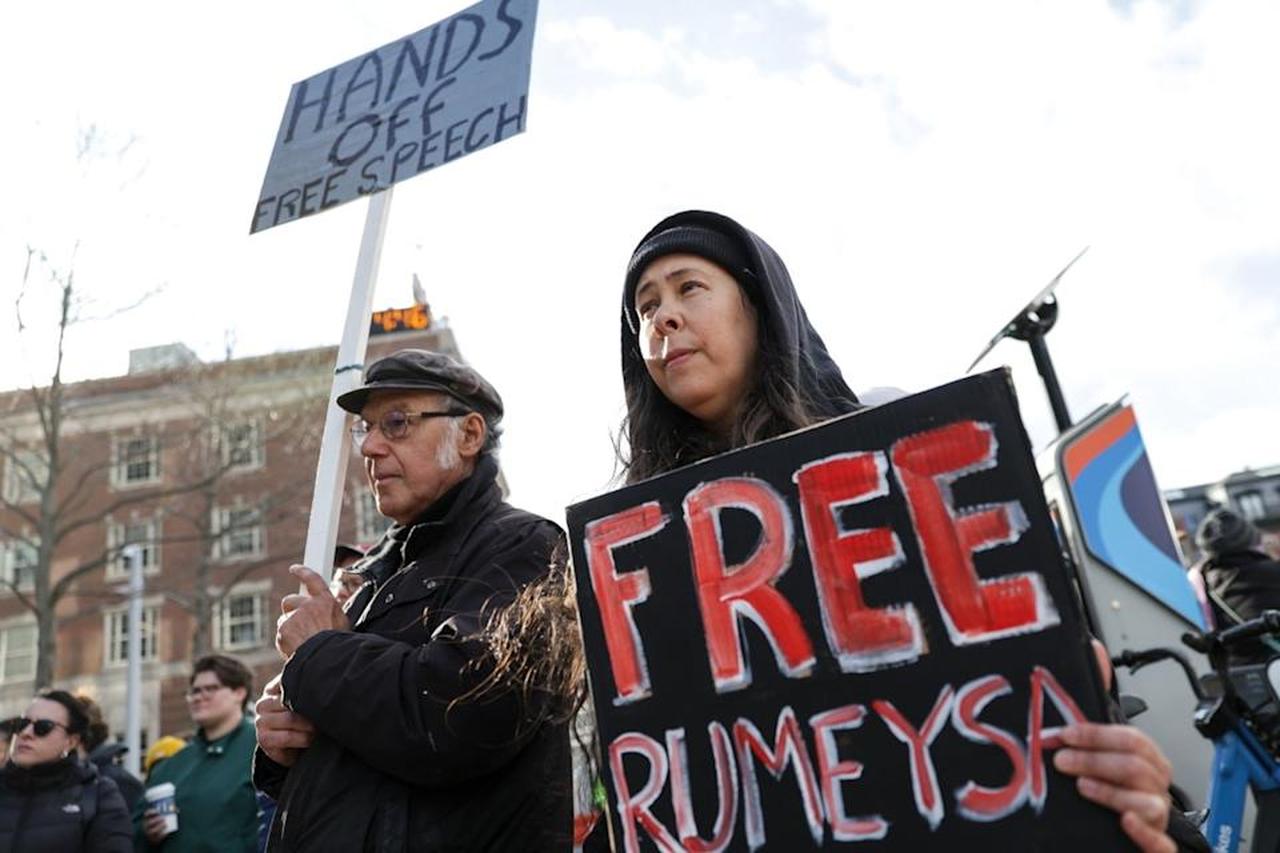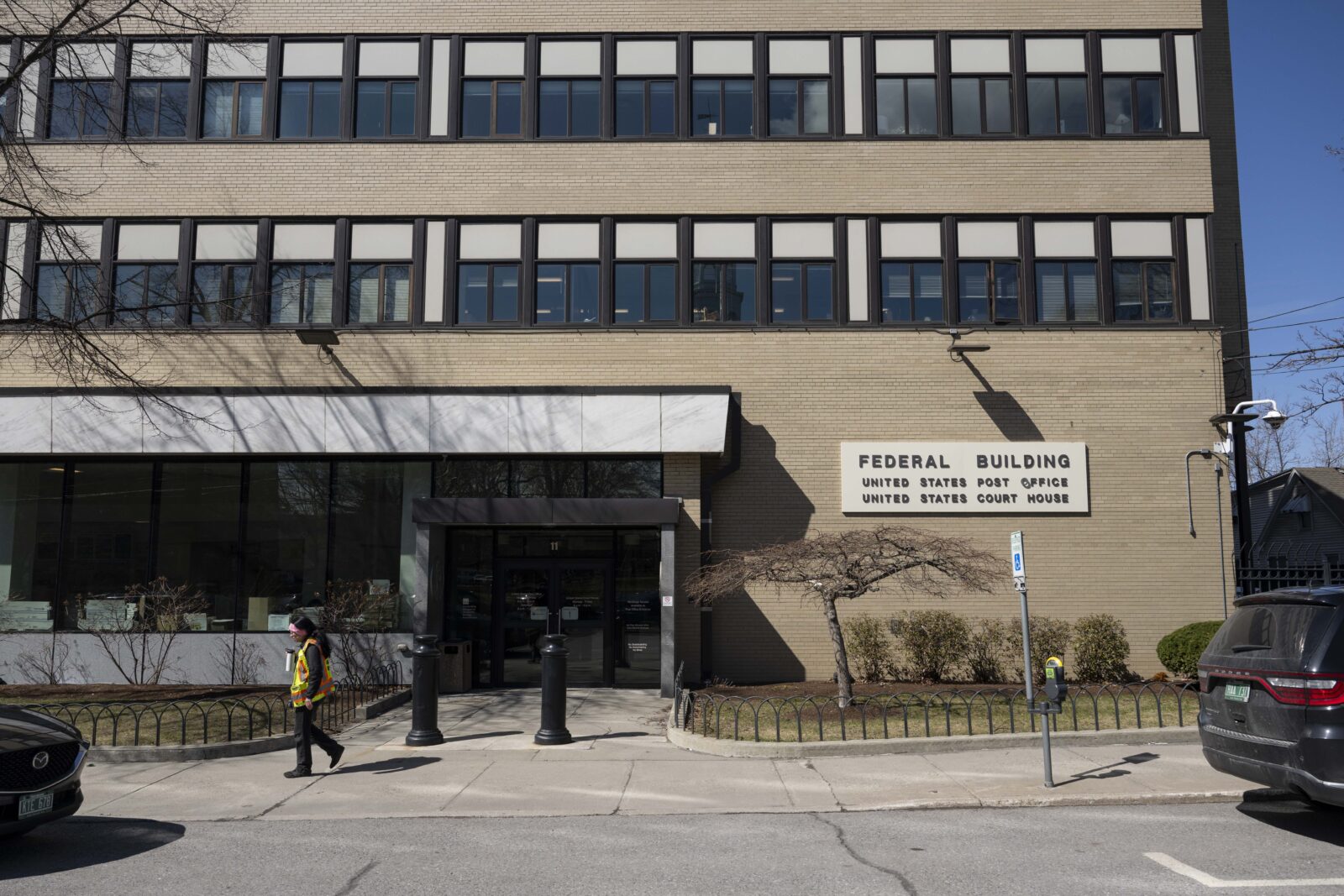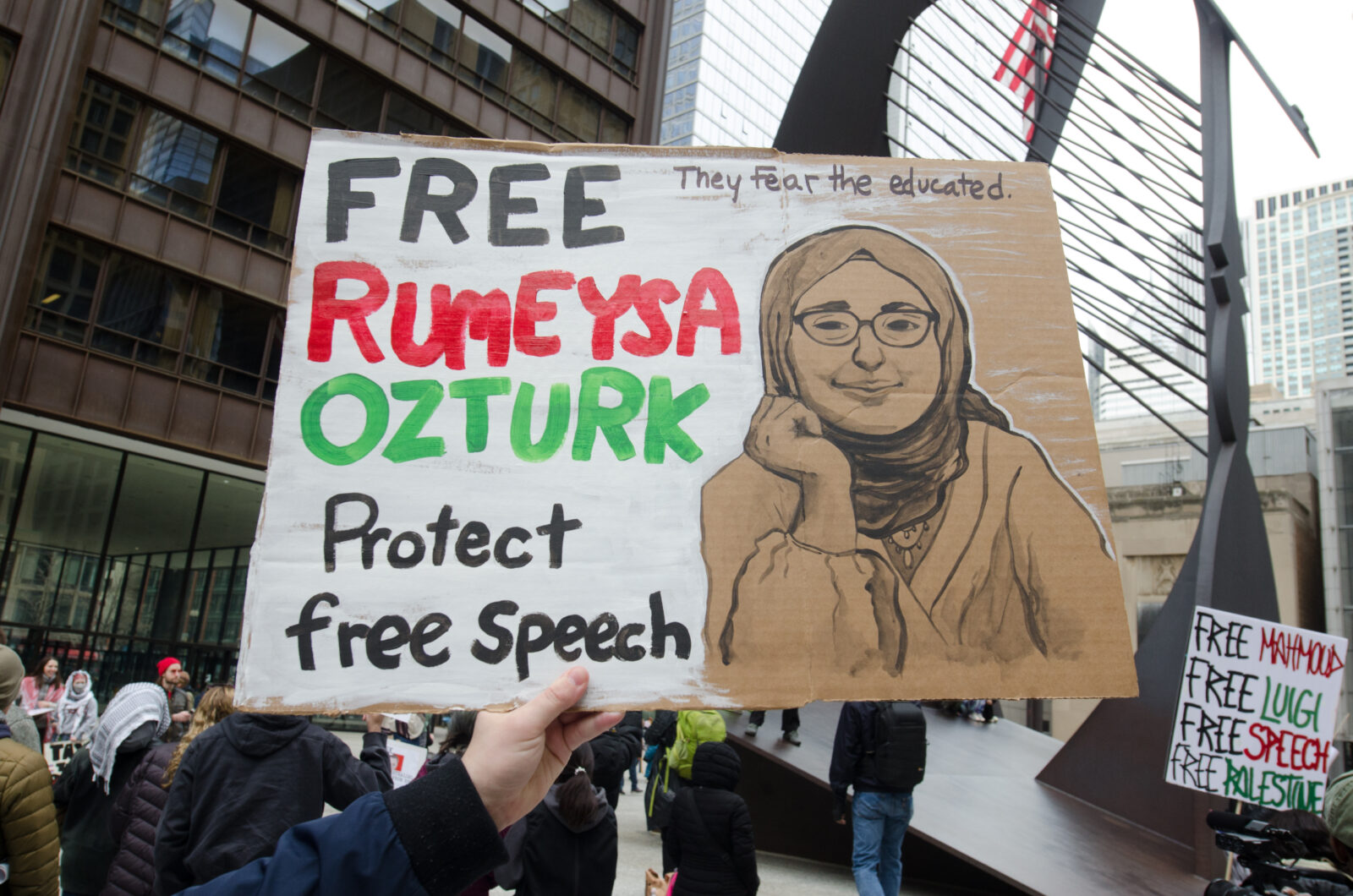
The legal team of Rumeysa Ozturk, a doctoral student at Tufts University from Türkiye detained by U.S. immigration authorities, is urging a federal appeals court not to delay her transfer from Louisiana to Vermont, citing severe health risks and legal jurisdiction.
The Second Circuit Court of Appeals in Manhattan is scheduled to review the case Tuesday to decide whether the earlier transfer order issued by a Vermont judge should proceed, following an appeal by the U.S. government on April 24.
Ozturk’s attorneys have filed a formal complaint detailing her current conditions at a Louisiana detention facility, where she has been held since late March. According to the filings, Ozturk is confined in a cramped, poorly ventilated room with 23 other women, triggering repeated and worsening asthma attacks.
"Whereas her attacks used to last between 5–15 minutes, they now can last up to 45 minutes," her legal team noted, emphasizing exposure to insect and rodent droppings and a near-complete lack of fresh air.
Her lawyers stated they will petition the appeals court if the transfer to Vermont is further delayed, arguing that prolonged detention under these conditions poses serious risks to her health and is legally unjustified.
"She is exposed to asthma triggers like insect and rodent droppings, is almost never allowed fresh air, and faces delays in medical care," the statement added.
Ozturk was arrested on March 25 in Massachusetts by Immigration and Customs Enforcement (ICE) agents while heading to an iftar dinner with friends. She had co-authored a student op-ed addressing the Israeli-Palestinian conflict, which authorities reportedly cited in her detention.
Though initially held in multiple locations, a federal judge in Massachusetts ruled in early April that her legal challenge should proceed in Vermont. A Vermont-based judge later ordered her transfer to a Vermont facility by May 1. The U.S. government’s April 24 appeal has since suspended the transfer.

Ozturk’s case is one of several detentions drawing national attention. Coordinated protests at Tufts, Columbia, and Georgetown universities have called for the release of Ozturk and other detainees, including Columbia graduate student Mahmud Halil and Georgetown researcher Badar Khan Suri.
Speaking to Anadolu Agency (AA), Georgetown’s Dr. Nader Hashemi described the arrests as attempts to suppress free expression on Palestine:
"They were detained without charges. This is a policy aimed at silencing pro-Palestinian voices in the U.S." Hashemi compared the U.S. government's actions to those of authoritarian regimes, stating that political arrests are now taking place in America.

U.S. Secretary of State Marco Rubio previously confirmed that more than 300 foreign students, including Ozturk, had their visas revoked over alleged support for Hamas, and would face deportation. In a post on X (formerly Twitter), Rubio stated:
"We are canceling the visas and green cards of Hamas supporters in America so they can be deported." However, a federal judge in Massachusetts, Denise Casper, later blocked Ozturk’s deportation pending further legal review.
Tufts University also called for her release, with President Sunil Kumar submitting a letter to the court describing Ozturk’s arrest as having "paralyzed" the university’s international community and raising campus security concerns.

The detentions have raised fears among international students and faculty across U.S. campuses. Dr. Elliott Colla of Georgetown University stated, "If they can do this to an academic, they can do it to any of us."
Colla noted a climate of fear growing among foreign nationals, particularly those holding temporary visas, and described the detentions as "clear, brazen, and unlawful."
Weekly demonstrations continue at Tufts, Georgetown, and Columbia in support of Ozturk, Halil, and Suri.